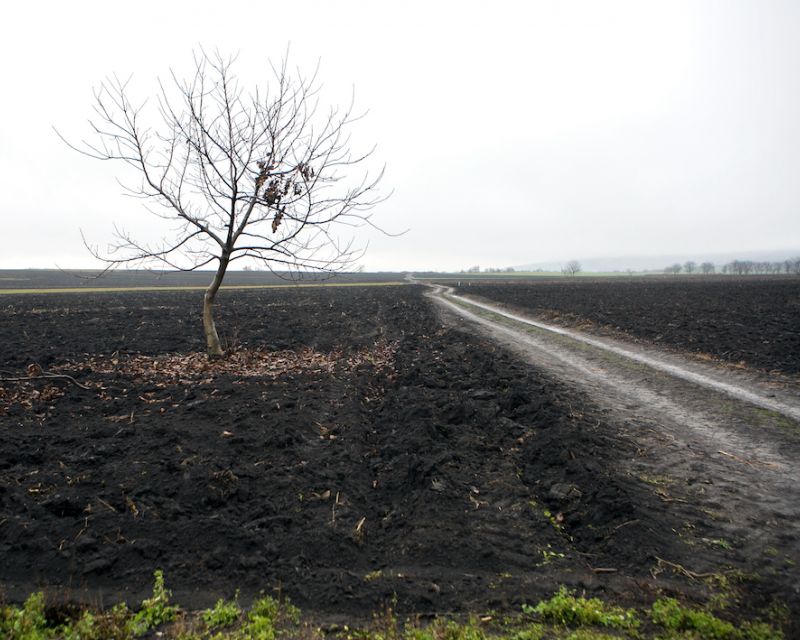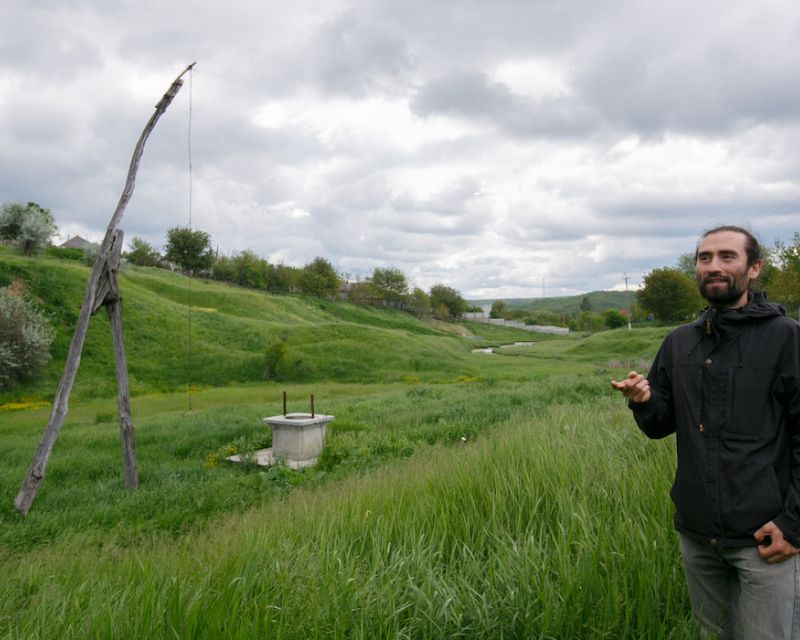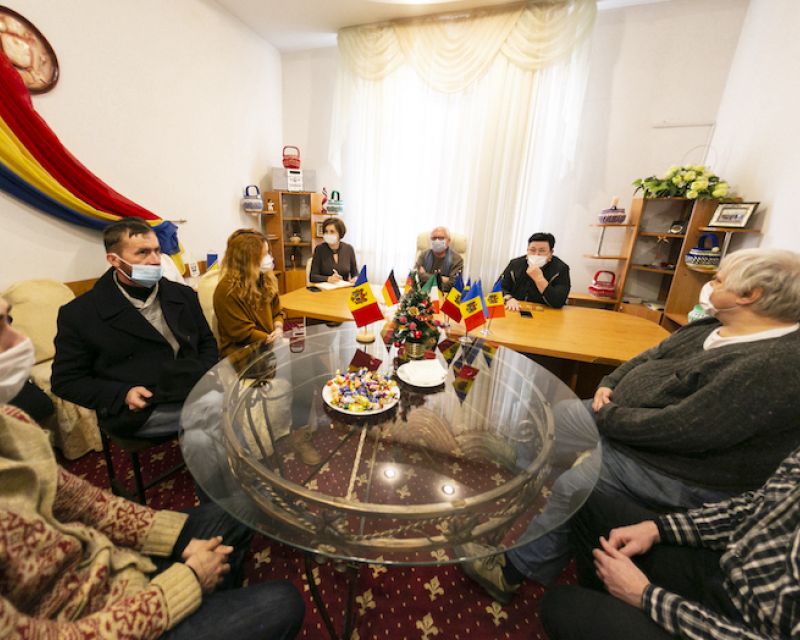Moldova is one of the most vulnerable countries in Europe in terms of the effects of climate change. Rural areas are increasingly affected by extreme droughts and floods. Due to intensive agriculture and logging, people have cut down most of the trees in the past - forests now cover only a tenth of the territory - which worsens the water regime of the landscape. At the same time, almost sixty percent of the population lives in the countryside, and agriculture is a vital source of livelihood for them. The country's development is primarily paralyzed by the frozen conflict that has led to the unrecognized Transnistrian Republic on the left bank of the river.
In 2022, we began supporting the training of volunteer nature guardians on both banks of the Dniester and the organization of several community events and environmental excursions, particularly in the newly created Lower Dniester National Park. All this was implemented thanks to the project “Guardians of Moldovan Nature: Promoting the rights of local communities on both banks of the Dniester,” which was supported by the Transition Promotion Program of the Ministry of Foreign Affairs of the Czech Republic.
As a part of a previous project, we published a handbook with practical tips and supported active people and local communities from rural areas who care about the revitalization of rivers and landscapes - for example, when planting trees or building artificial nests for water birds. We also focused on the presence of pollution in the rivers, which leads to massive fish deaths every year, and we worked on clarifying the causes and finding the culprits.
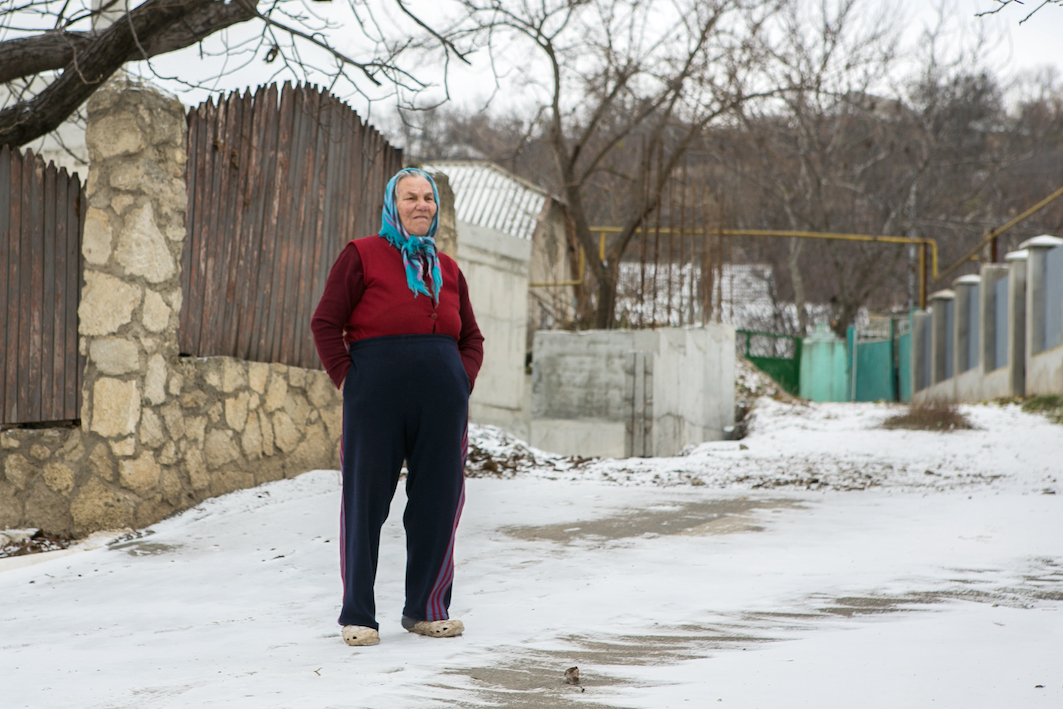 We strive for progressive changes in the ossified legislation, in which laws from the times of the Soviet Union still survive. For example, we have succeeded in extending the ban on imports of synthetic fishing nets used by poachers. We promote better public access to environmental information and participation in decision-making processes.
We strive for progressive changes in the ossified legislation, in which laws from the times of the Soviet Union still survive. For example, we have succeeded in extending the ban on imports of synthetic fishing nets used by poachers. We promote better public access to environmental information and participation in decision-making processes.
What have we achieved in the country?
Between 2021 and 2022, we supported the cleaning of rivers and their surroundings on both banks of the Dniester, the placement of artificial nests for waterfowl, and the planting of several thousand trees, especially along rivers and streams, thus contributing to the protection of the water regime of the landscape threatened by intensive agriculture. We also helped with public participation in the creation of local development and land-use plans in communities in the area of the new Lower Dniester National Park.
With our partner organization Biotica, we also have been supporting Moldovan volunteer rangers/guardians since 2022. We created the basis of their network, complementing the insufficient capacities of the State Environmental Inspectorate. The manual for the guardians was issued, 9 workshops for 193 volunteers organized and two documentaries (here and here) about the nature of the Iagorlic Nature Reserve (Transnistria) released. We achieved the certification of 50 volunteer guardians on the right bank by the Inspectorate of Environmental Protection (as of end 2023), and trained 75 ecological activists in Transnistria. The guardians monitor the state of the nature and prevent harmful activities. We also issued a report on rangers work, challenges and needs. The Moldovan guardians established their national association in 2023, and we hope it will become a member of the European (ERF) and Internation Rangers Federation (IRF). ERF informs about the Moldovan rangers in this article - an interview with Petru Vinari, our colleague from Biotica, and Nicolae Nastasi, one of the former professional Moldovan rangers.
Thanks to our cooperation with the NGO Eco-TIRAS, in 2021 we were able to expose the illegal sale of endangered fish species from the so-called Red List. The Parliamentary Committee even took up our proposal to amend the Fisheries Act on the Environment. The biggest success is the extension until 2030 of the ban on importing synthetic fishing nets, which poachers popularly use. We advocated for the Moldovan Government to declare a new national park in the Lower Dniester region, which it did in March 2022. We also made concrete proposals to improve environmental inspection, and after our intervention, a major polluter of the Dniester was fined eleven thousand euros.
For more information on Arnika´s activities in Moldova betwen 2020 and 2022 click on the photo below.
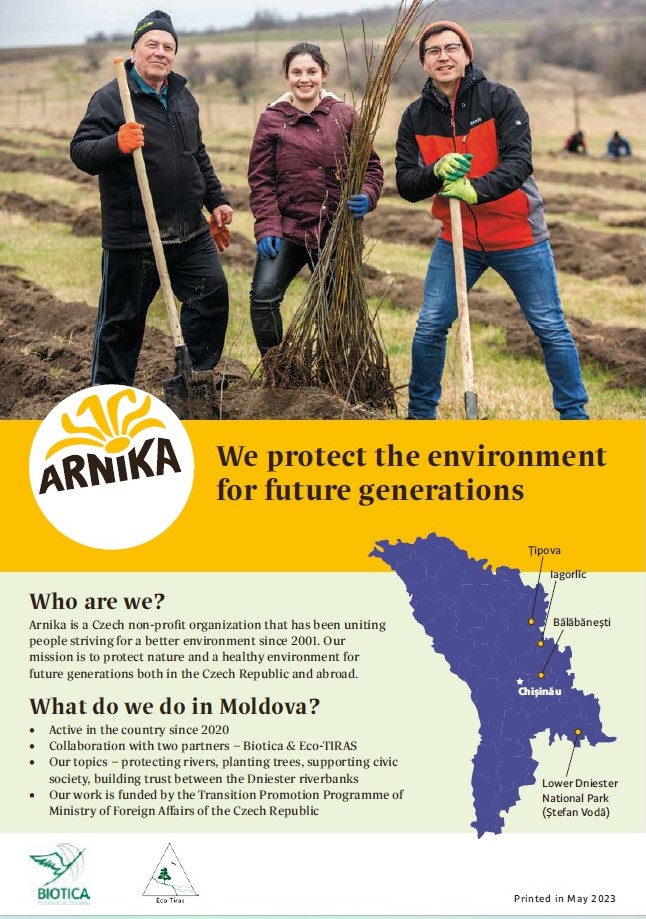
Information in other languages:
Information in Russian can be found at https://arnika.org/ru/moldova
Our work is supported by the United Nations Development Programme (UNDP) within the project "Czech Support for a Better Management of Protected Areas in Moldova" and by the Transition Promotion Program of the Ministry of Foreign Affairs of the Czech Republic in the framework of the "Natura 2000 Moldova: Promoting a European approach to nature conservation in Moldova" project.




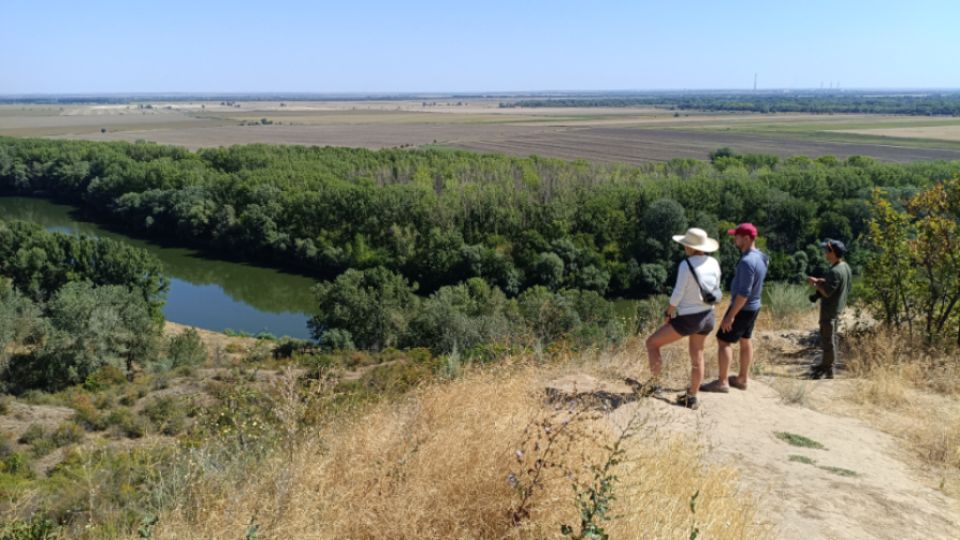
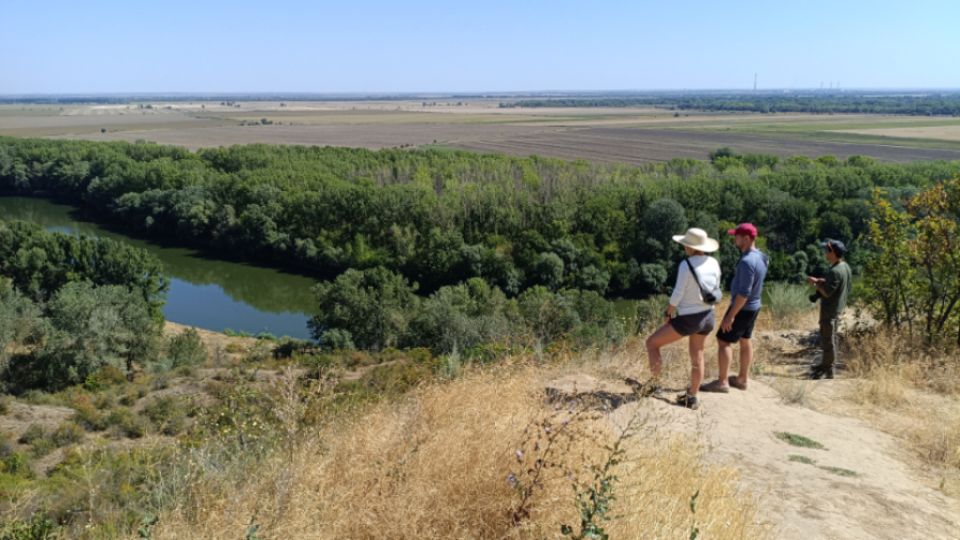
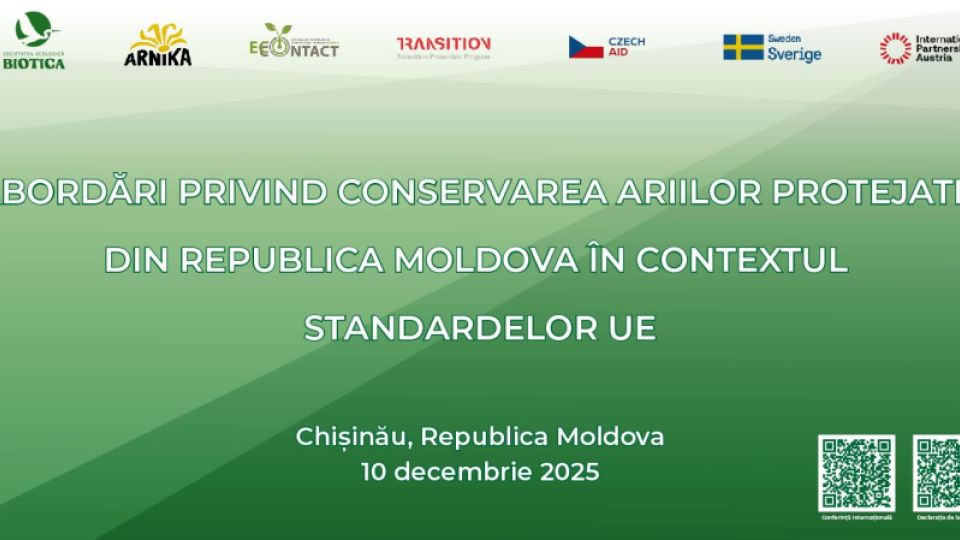
 We strive for progressive changes in the ossified legislation, in which laws from the times of the Soviet Union still survive. For example, we have succeeded in extending the ban on imports of synthetic fishing nets used by poachers. We promote better
We strive for progressive changes in the ossified legislation, in which laws from the times of the Soviet Union still survive. For example, we have succeeded in extending the ban on imports of synthetic fishing nets used by poachers. We promote better 

